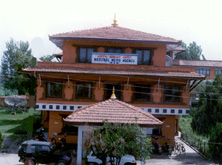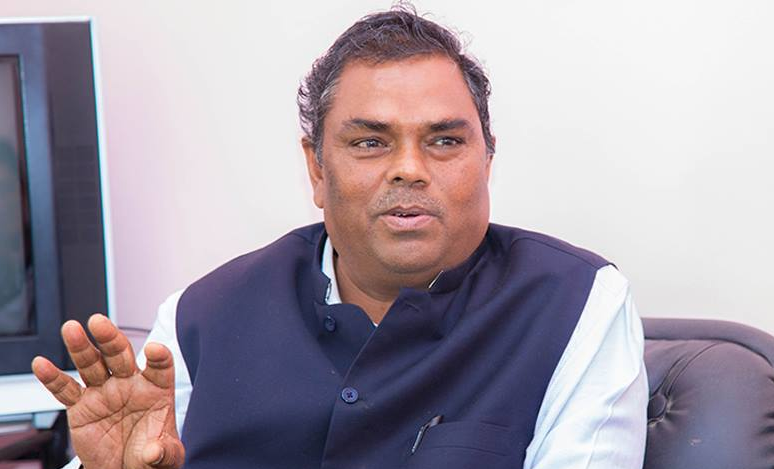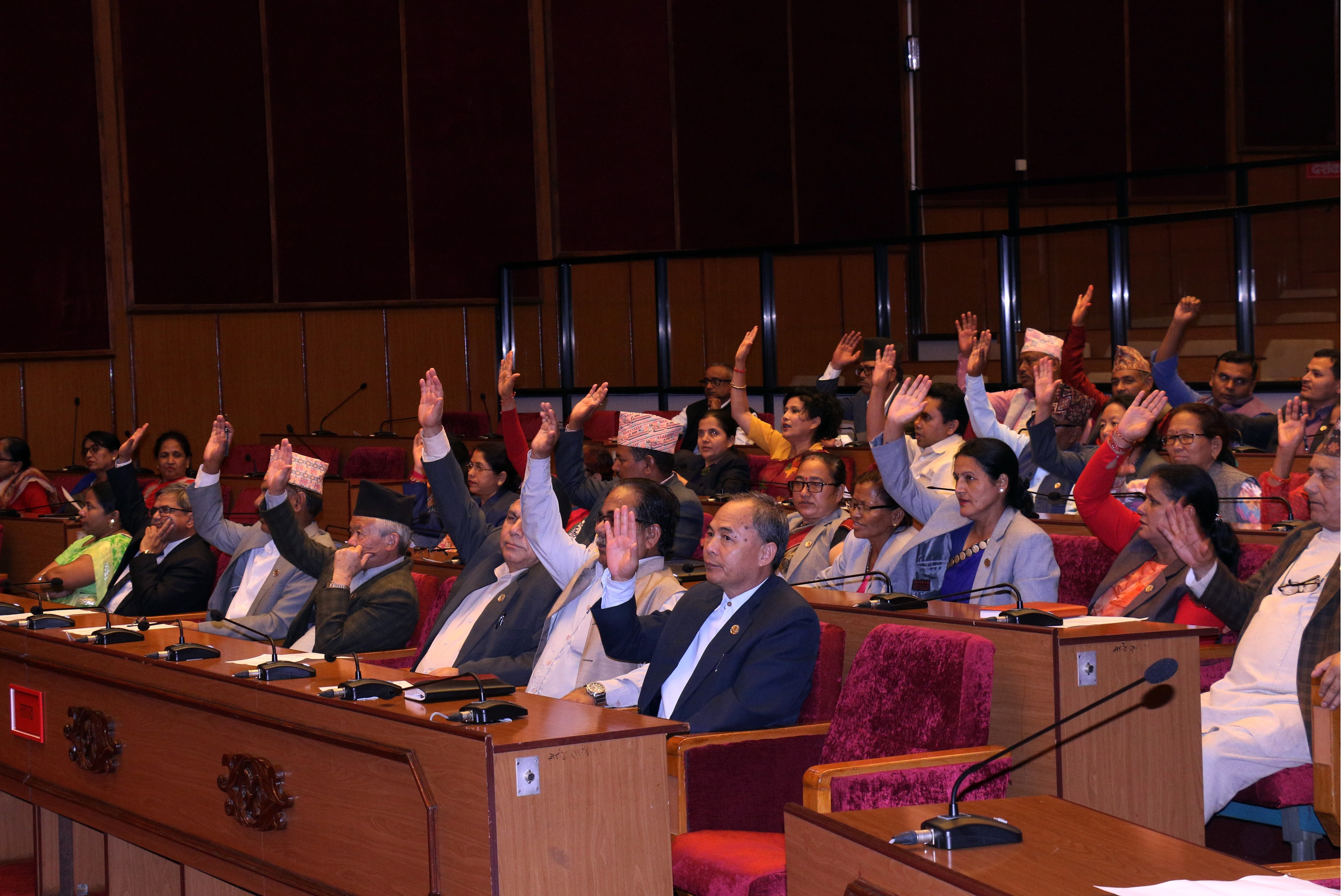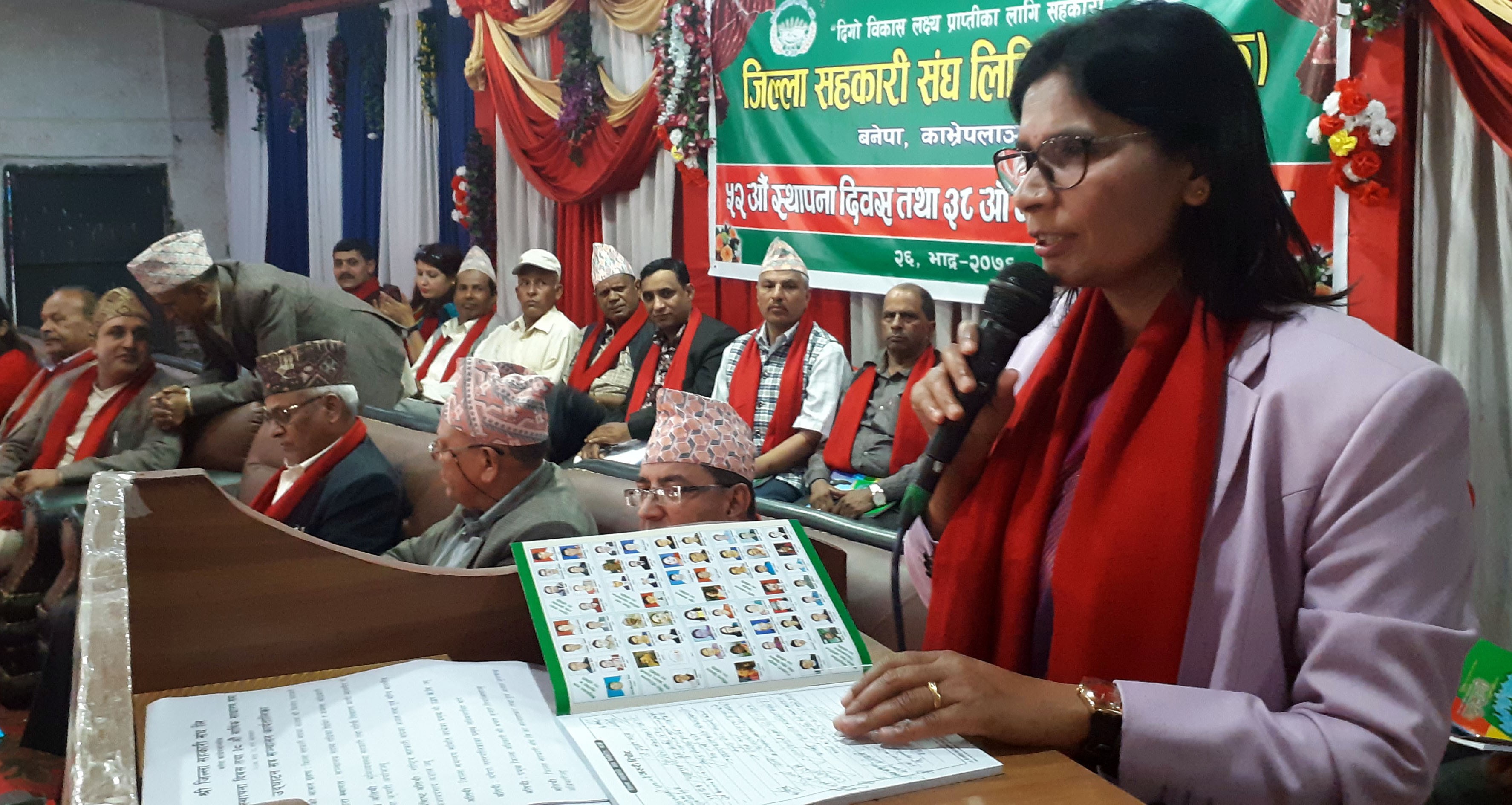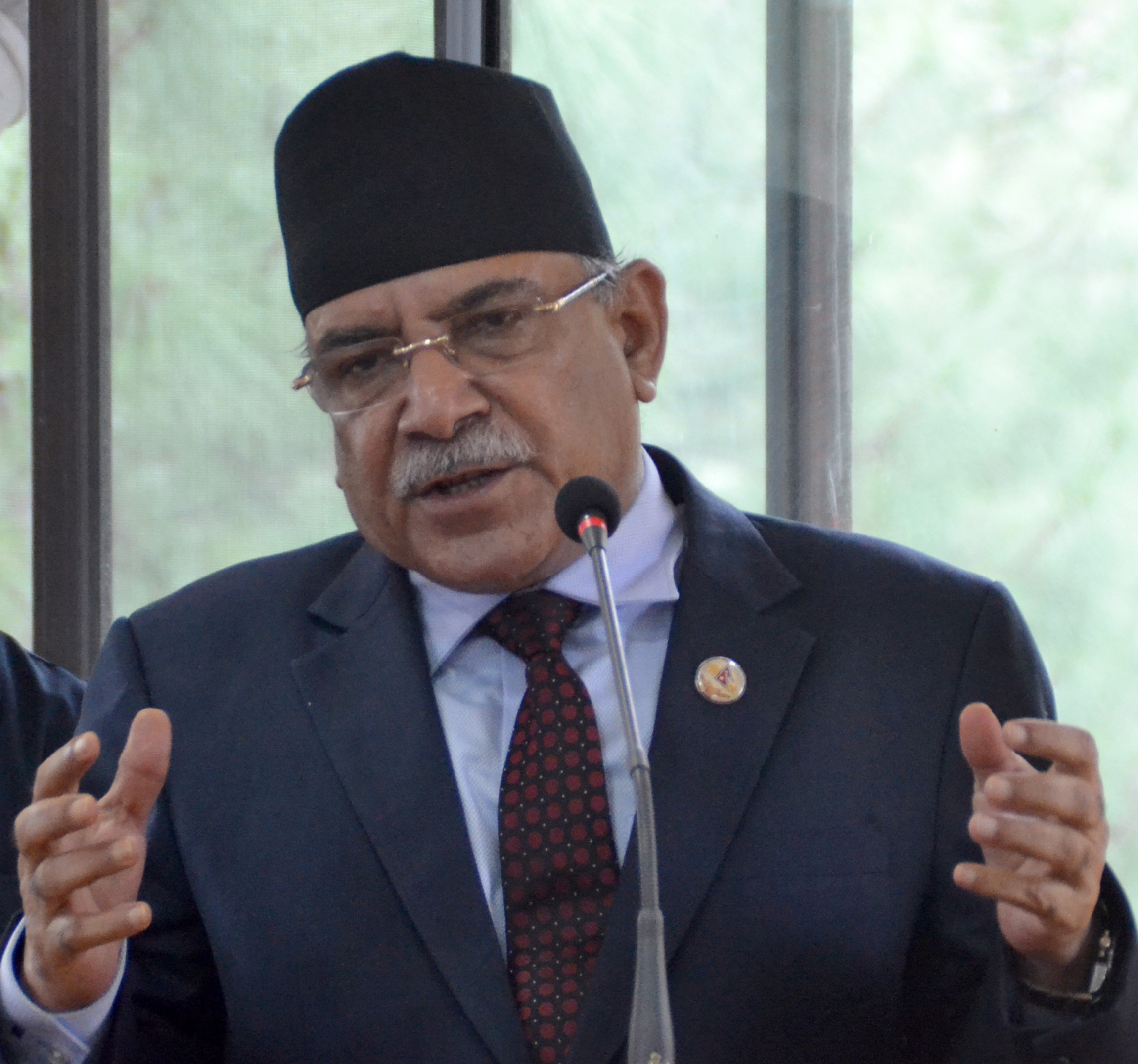NARC and IRRI partnering in Hybrid Rice Technology Transfer Project
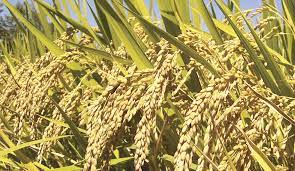
Kathmandu, Aug 10 : Nepal Agricultural Research Council (NARC) and the International Rice Research Institute (IRRI) are partnering in the Hybrid Rice Technology Transfer Project.
The two research institutes have inked a memorandum of understanding for this purpose as well.
It is expected that the project will add a new dimension to the rice research sector as this five-year project envisages attaining self-sufficiency in rice by developing hybrid varieties through the identification and use of the indigenous and wild varieties of rice in Nepal.
Rice, the staple crop, has contributed much to the food security in the country. Under the project to be implemented with the government's financial assistance, the overall technology of hybrid rice would be developed within the country itself to be led by the NARC scientists.
As per the memorandum of understanding, IRRI will hand over to NARC the science, technology, skills and capacity required for the project, which shall make the rice breeding research process prompt, efficient, effective and reliable through the use of high-end technology for the development of hybrid varieties.
NARC stated that the project will also develop Nepali agricultural scientists capable of employing high technology and innovative thinking.
It will be employing Molecular Assisted Breeding, Genomic Selection, Gene Discovery and Gene Mining techniques. New technology of rice breeding as 'three line hybrid' and 'two line hybrid' would be introduced in the country through this project.
The project aims at commercialization of the hybrid rice which is more productive and climate resilient.
It is also expected to expand the area of hybrid rice cultivation and thereby contribute to attaining self-sufficiency by means of import substitution.
It has been believed that Nepal would be developed as the proper centre of the South Asia in view of use of technology on the basis of the result received after the implementation of the project.
Nepal representative of IRRI, Dr Krishna Dev Joshi, and Executive Director of the Council, Dr Deepak Bhandari, signed the memorandum of understanding (MoU) for the operation the project.
It has been expected that the project would be a milestone to reduce import of food grains in Nepal as agro productivity would be increased once the project brought into full implementation.
On the occasion, Dr Bhandari shared that the collaboration between the two organisations active in research centre would increase capacity of agriculture scientists in Nepal.
Although Nepal is an agricultural country, it has been importing rice worth around Rs 32 billion annually in recent years. Per capita consumption of rice is 138 kg annually in Nepal. There is a need of 6.1 million tonnes of paddy and 4.76 million tonnes of rice every year.
The country has been producing 3.25 million tonnes rice every year.
The Council has launched different famous species of paddy including Khumal 4, Radha 4, and Hardinath 1 in past three decades. It is said that the production of these paddy is very good in the country.
As more than 65 per cent of the population is dependent on agriculture for their livelihood, the upliftment of farmers and promotion of hybrid crops would contribute to improve living standard of the people.
Recent News

Do not make expressions casting dout on election: EC
14 Apr, 2022
CM Bhatta says may New Year 2079 BS inspire positive thinking
14 Apr, 2022
Three new cases, 44 recoveries in 24 hours
14 Apr, 2022
689 climbers of 84 teams so far acquire permits for climbing various peaks this spring season
14 Apr, 2022
How the rising cost of living crisis is impacting Nepal
14 Apr, 2022
US military confirms an interstellar meteor collided with Earth
14 Apr, 2022
Valneva Covid vaccine approved for use in UK
14 Apr, 2022
Chair Prachanda highlights need of unity among Maoist, Communist forces
14 Apr, 2022
Ranbir Kapoor and Alia Bhatt: Bollywood toasts star couple on wedding
14 Apr, 2022
President Bhandari confers decorations (Photo Feature)
14 Apr, 2022
